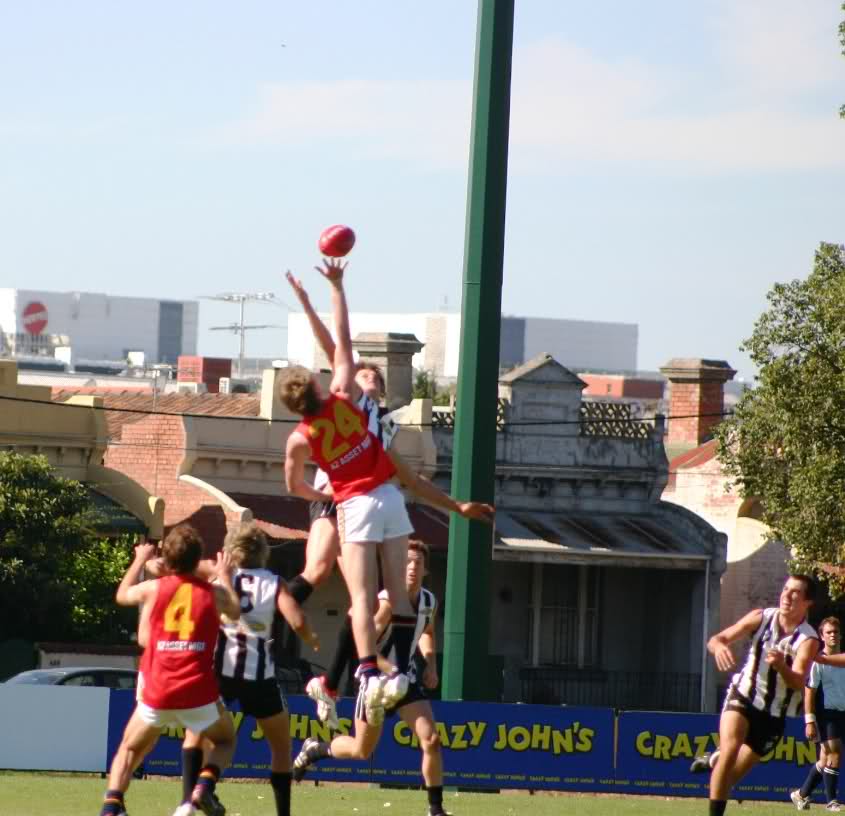Snag Breac
Brownlow Medallist
GRAMMAR is a strange beast.

Strange but necessary. The aim of this mini grammar-fix is to provide a short, simple reference for students. Because so many kids write mostly in text, I find they’re often unsure about grammar when it comes to more formal writing such as homework. I’ve tried not to put in technical explanations or to tell the whole dull story – just the most salient points.
Please take a look and let me know if it’s clear enough to use. If there are any other grammatical points you think I should include, make a comment here or PM me.
I’ve listed some of the common grammatical mistakes on Big Footy Collingwood board. I’ve tried to make the sentences relevant if idiotic.
Yourturn. Pull up your socks.
Who’s your favourite player? Heath Shaw.

You’re is a short way of writing “You are”.
Never write; “Your right mate” when you mean: “You are right mate”.
You can abbreviate to; You’re right mate
It’s their team. They want to do it their way. (Never: It’s they’re team)
They’re is short for They are.
They’rethe best team in the league. (Never: Their the best team)
There is used to indicate location. Eg:
It’s over there. Are we there yet?
There is also used when we write, there is or there are.
We can shorten there is to there’s. Eg:
There’s no doubt that Collingwood will do well in 2008.

. Using Of instead of Have as in Could of/Should of
This construction does not exist! Don’t use it, under pain of death. Eg.
We should of beaten Geelong. We could of won the Grand Final. AHHHH!
Never, never, never! Mistakes like this will lose us the premiership. When we write sentences like this, we’re writing about what has happened. We should write:
We should have slaughtered Geelong. We could have won the Grand Final.
I’m going tothe game. Are you going to go?
Go to hell! I’m a Carlton supporter.
Too is used to suggest excess - too much. E.G.
Pendles is too young to be captain. Dale’s hair is too long.
We’ve got too many rookies.
Too also implies also. E.G.
Are you coming to the game? Didak is playing; Strauchnie is playing too.
Is he? Then I’ll come too.
Of is used most often. E.G.
The Pies got out of Dubai as soon as possible.
They’re all members of a great team.

Off is also an adverb. It suggests “away”.
Shaw grabbed the ball and ran off.
Maxwell beat off six Carlton players with one hand.
The plane took off.
Don’t log off. WakeUpTaz has just posted a new thread.
Get off that unicycle, ScottyD, you’ve broken your leg!
Also:
The Pies got sick because the meat was off.
Good is an adjective; it describes nouns. E.G.
O’Bree’s good in clearances.
Anthony did a good job for a rookie.
Well is an adverb; it’s used to describe how we are (state), or how perform an action. E.G.
Fraser tapped it out really well.
Davis has been working out and he’s looking well.

Train hard, then you may get selected
We slaughtered Geelong, then we went to church to give thanks.
Than is a joining word we use when we’re comparing things. E.G.
Clarke is faster than Judd.
Burns would be a better captain than Maxwell at this stage.
Are you a member?
You are a lousy player. (You can also shorten the verb to You’re)
Our/s is used for ownership. E.G.
He’s Marty Clarke, and he’s ours.
Our ruckmen are the best in the AFL.
Were – This is simply the past tense of the verb To Be. E.G.
We were lucky to get Cameron Wood.
The boys were sitting beside the bins.

We’re - This is the shortened form of “we are.”
We’re looking forward to a great season.
A premiership – that’s what we’re after.
Where is used for place. E.G
I’m going to the Telstra Dome; that’s where the game is.
Where is often used in a question.
Where did Thoolen come from?

Use this sentence as an aide-memoire:
We didn’t know where we were going. Now we’re lost.
When it relates to the subject of the sentence either may be used.
Which is more formal, while that is widely used in conversation. E.G.
This is the photo of Cousins which/that shocked the nation.
There’s the corporate box that/which costs so much.
When it relates to the object of the sentence, use which, or that; but usually there’s no need to use either. E.G.
The goal which/that Thomas scored was a ripper. OR
The goal Thomas scored was a ripper.
NB: Which is rarely used after all, none, no one, much, little, everything or after superlatives like best, worst, biggest, smallest etc.In such cases we can use that or nothing. E.G.
All the supporters that join get a free hat.
The Collingwood song is the best song (that) I’ve ever heard.
When it relates to a preposition in formal writing it should be preposition + which. E.G.
The money on which I was counting never arrived.
When using language less formally we can change the word order and use either which or that. E.G.
The money which/that I was counting on never arrived.
But we don’t need to use either. E.G.
The money I was counting on never arrived.
Herewith the correct spellings of 30+ words which have appeared
on BF in other forms and guises.
Abysmal
Accrue
Acquire
Competent
Concede
Conscientious
Definite
Definitely
Deteriorate
Disappoint
Eligible
Embarrass
Grievance
Harass
Incur
Initial
Legend
Maintenance
Management
Occasion
Occasionally
Occurred
Pavilion
Personnel
Possession
Precede
Queue
Recommend
Relevant
Rhythm
Separate
Succeed
Surprise
Weird
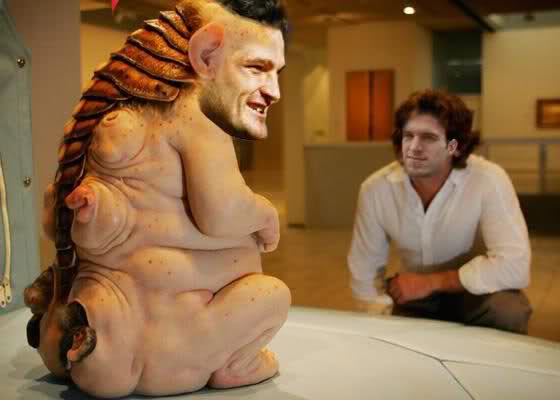
Strange but necessary. The aim of this mini grammar-fix is to provide a short, simple reference for students. Because so many kids write mostly in text, I find they’re often unsure about grammar when it comes to more formal writing such as homework. I’ve tried not to put in technical explanations or to tell the whole dull story – just the most salient points.
Please take a look and let me know if it’s clear enough to use. If there are any other grammatical points you think I should include, make a comment here or PM me.
I’ve listed some of the common grammatical mistakes on Big Footy Collingwood board. I’ve tried to make the sentences relevant if idiotic.
- Your/You’re
Yourturn. Pull up your socks.
Who’s your favourite player? Heath Shaw.
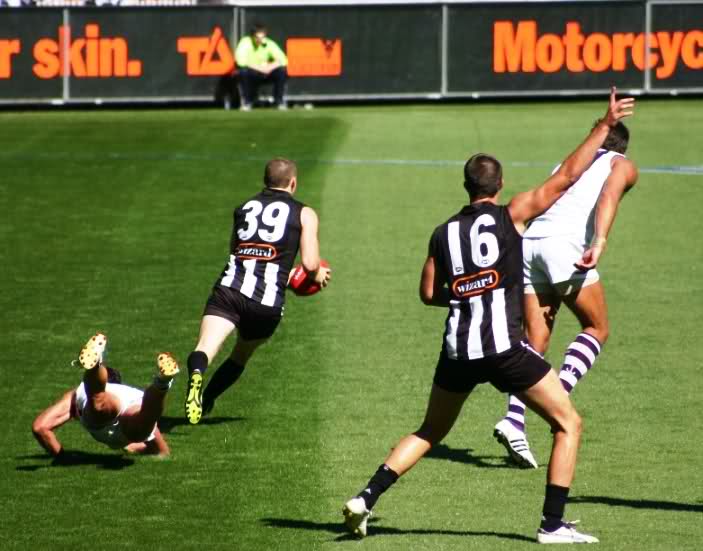
You’re is a short way of writing “You are”.
Never write; “Your right mate” when you mean: “You are right mate”.
You can abbreviate to; You’re right mate
- Their/They’re/There
It’s their team. They want to do it their way. (Never: It’s they’re team)
They’re is short for They are.
They’rethe best team in the league. (Never: Their the best team)
There is used to indicate location. Eg:
It’s over there. Are we there yet?
There is also used when we write, there is or there are.
We can shorten there is to there’s. Eg:
There’s no doubt that Collingwood will do well in 2008.
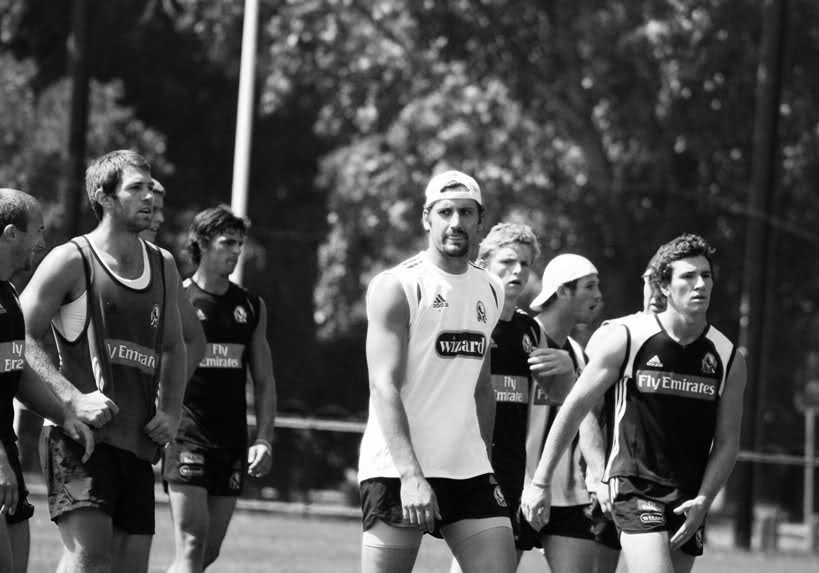
. Using Of instead of Have as in Could of/Should of
This construction does not exist! Don’t use it, under pain of death. Eg.
We should of beaten Geelong. We could of won the Grand Final. AHHHH!
Never, never, never! Mistakes like this will lose us the premiership. When we write sentences like this, we’re writing about what has happened. We should write:
We should have slaughtered Geelong. We could have won the Grand Final.
- To/too
I’m going tothe game. Are you going to go?
Go to hell! I’m a Carlton supporter.
Too is used to suggest excess - too much. E.G.
Pendles is too young to be captain. Dale’s hair is too long.
We’ve got too many rookies.
Too also implies also. E.G.
Are you coming to the game? Didak is playing; Strauchnie is playing too.
Is he? Then I’ll come too.
- Of/off
Of is used most often. E.G.
The Pies got out of Dubai as soon as possible.
They’re all members of a great team.
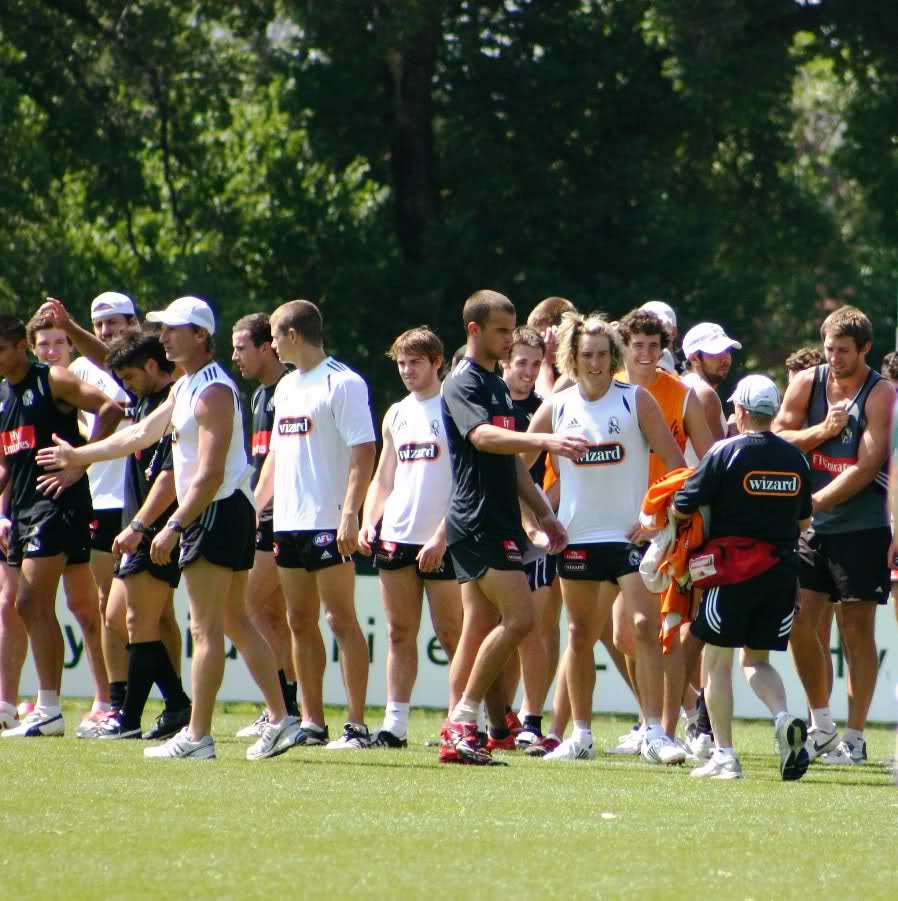
Off is also an adverb. It suggests “away”.
Shaw grabbed the ball and ran off.
Maxwell beat off six Carlton players with one hand.
The plane took off.
Don’t log off. WakeUpTaz has just posted a new thread.
Get off that unicycle, ScottyD, you’ve broken your leg!
Also:
The Pies got sick because the meat was off.
- Did good/well
Good is an adjective; it describes nouns. E.G.
O’Bree’s good in clearances.
Anthony did a good job for a rookie.
Well is an adverb; it’s used to describe how we are (state), or how perform an action. E.G.
Fraser tapped it out really well.
Davis has been working out and he’s looking well.
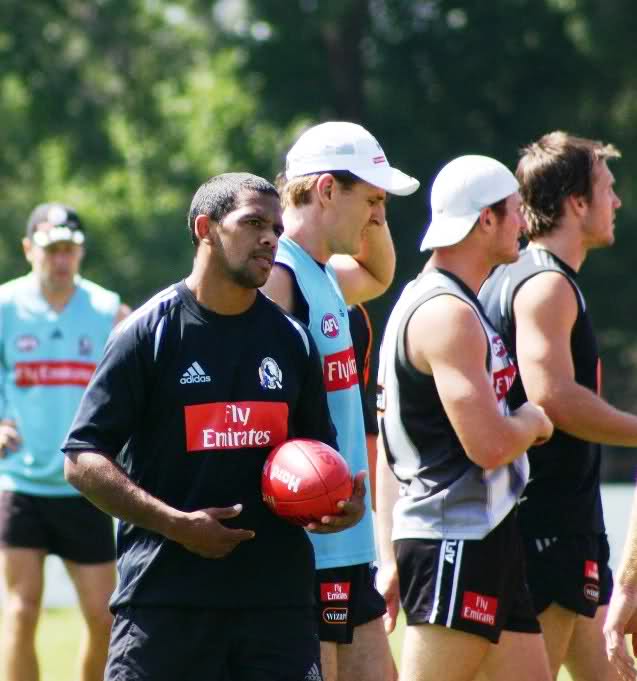
- Then/than
Train hard, then you may get selected
We slaughtered Geelong, then we went to church to give thanks.
Than is a joining word we use when we’re comparing things. E.G.
Clarke is faster than Judd.
Burns would be a better captain than Maxwell at this stage.
- Are/our
Are you a member?
You are a lousy player. (You can also shorten the verb to You’re)
Our/s is used for ownership. E.G.
He’s Marty Clarke, and he’s ours.
Our ruckmen are the best in the AFL.
- Were/we’re/where
Were – This is simply the past tense of the verb To Be. E.G.
We were lucky to get Cameron Wood.
The boys were sitting beside the bins.
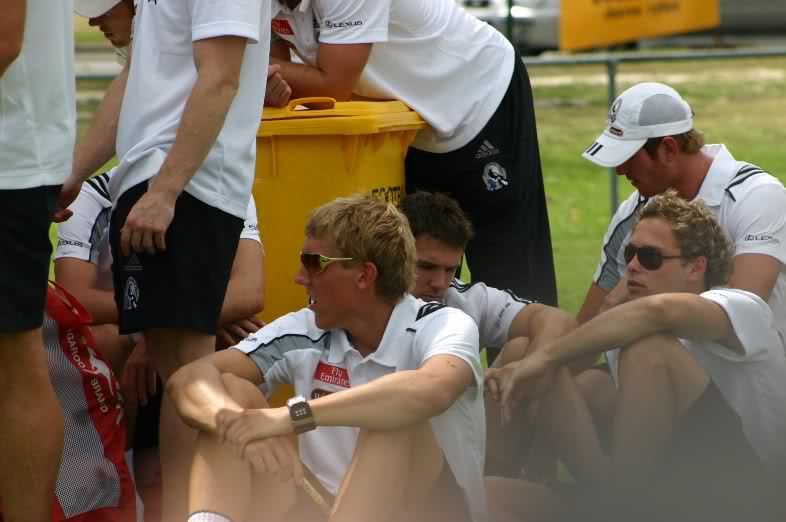
We’re - This is the shortened form of “we are.”
We’re looking forward to a great season.
A premiership – that’s what we’re after.
Where is used for place. E.G
I’m going to the Telstra Dome; that’s where the game is.
Where is often used in a question.
Where did Thoolen come from?
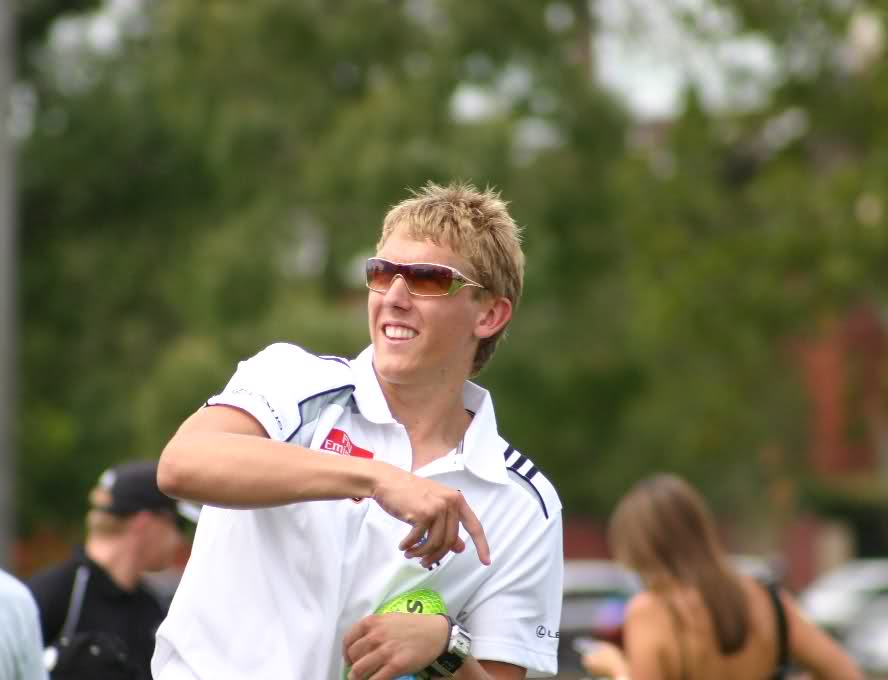
Use this sentence as an aide-memoire:
We didn’t know where we were going. Now we’re lost.
- Use of that or which
When it relates to the subject of the sentence either may be used.
Which is more formal, while that is widely used in conversation. E.G.
This is the photo of Cousins which/that shocked the nation.
There’s the corporate box that/which costs so much.
When it relates to the object of the sentence, use which, or that; but usually there’s no need to use either. E.G.
The goal which/that Thomas scored was a ripper. OR
The goal Thomas scored was a ripper.
NB: Which is rarely used after all, none, no one, much, little, everything or after superlatives like best, worst, biggest, smallest etc.In such cases we can use that or nothing. E.G.
All the supporters that join get a free hat.
The Collingwood song is the best song (that) I’ve ever heard.
When it relates to a preposition in formal writing it should be preposition + which. E.G.
The money on which I was counting never arrived.
When using language less formally we can change the word order and use either which or that. E.G.
The money which/that I was counting on never arrived.
But we don’t need to use either. E.G.
The money I was counting on never arrived.
Frequently Misspelt Words
Herewith the correct spellings of 30+ words which have appeared
on BF in other forms and guises.
Abysmal
Accrue
Acquire
Competent
Concede
Conscientious
Definite
Definitely
Deteriorate
Disappoint
Eligible
Embarrass
Grievance
Harass
Incur
Initial
Legend
Maintenance
Management
Occasion
Occasionally
Occurred
Pavilion
Personnel
Possession
Precede
Queue
Recommend
Relevant
Rhythm
Separate
Succeed
Surprise
Weird
The Parts of Speech
This is an ULTRA simple guide to the Parts of Speech - the words and phrases that make up language. An illustrated, interactive guide, ideally, but very basic. So here goes.......
Part 1 - The Noun
A noun is a word or phrase used as the name of a person, place or thing.
E.g. players. The players are hugging.

Part 2 - The Verb
A verb is a word used to indicate action, state or occurrence.
E.g. The players train in the paddock.

E.g. The ruckmen are leaping.

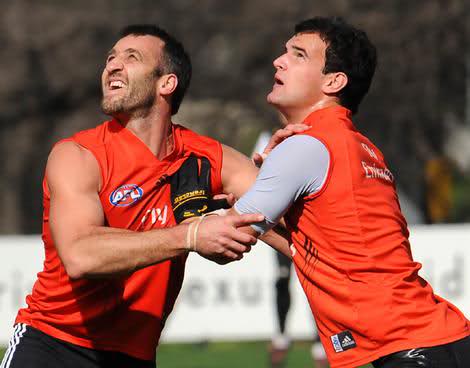
Part 2 - The Verb
A verb is a word used to indicate action, state or occurrence.
E.g. The players train in the paddock.
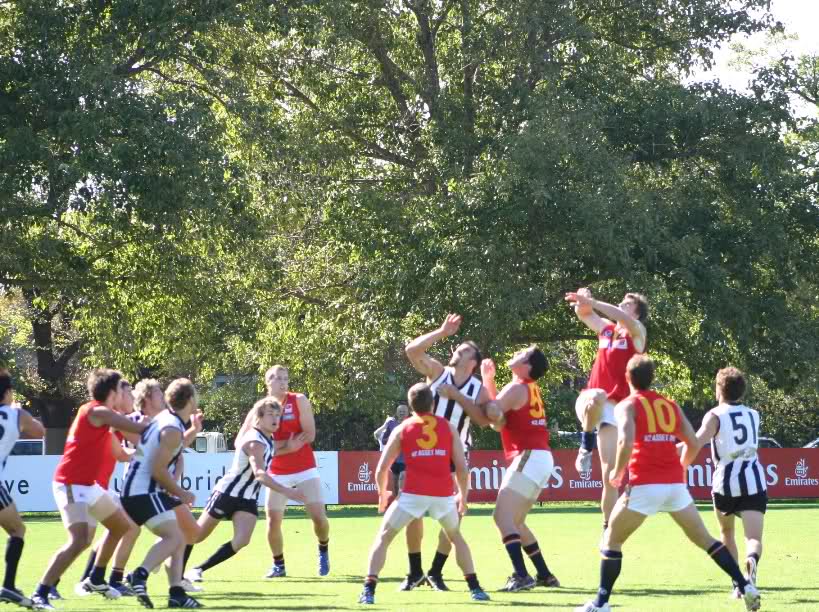
E.g. The ruckmen are leaping.
